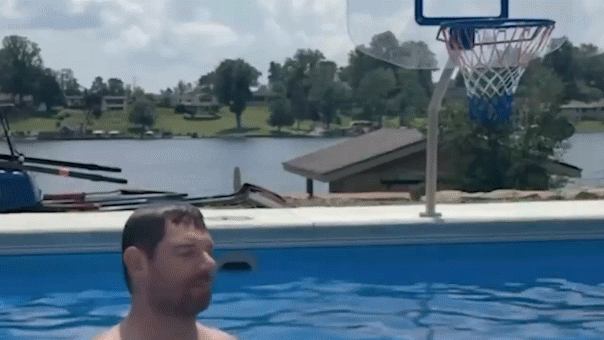
Reps. Jason Chaffetz, R-Utah, and Heath Shuler, D-N.C.
While some lawmakers are responding to the mass shooting in Arizona by introducing legislation to increase gun control or asking for additional security, others say they're going to start exercising their Second Amendment rights and carry weapons.
Rep. Jason Chaffetz, R-Utah, had a permit for a concealed weapon before the Arizona incident that killed six and wounded 14, including Democratic Rep. Gabrielle Giffords. Chaffetz Press Secretary Alisia Essig told Fox News that Chaffetz has carried his gun to different events back in his district and plans to do so more often in the future.
A spokesman for Rep. Heath Shuler, D-N.C., said the congressman who challenged Minority Leader Nancy Pelosi for her spot atop the House Democratic Caucus also has a conceal and carry permit and expects to carry a gun more often.
"You never think something like this will happen, but then it does," Shuler told The Politico newspaper. "After the elections, I let my guard down. Now I know I need to have (my gun) on me. We're going to need to do a much better job with security at these events."
Other lawmakers are considering ways to increase security details at home, though several have acknowledged that costs for frequent protection can be prohibitive. However, Rep. Jesse Jackson, Jr., D-Ill., announced Tuesday that he wants to restore the 5 percent in members' budgets that was cut by a House resolution last week as well as a 10 percent increase in member budgets for security measures.
"In some districts, that will mean hiring security personnel for public events. In other areas, that may mean installing surveillance cameras at district offices as a deterrent or improving the locks or the entry systems in district offices. Some will need more resources in order to move their offices to a safer area," Jackson said.
Earlier this week, U.S. Capitol Police told lawmakers that members and staff should alert Capitol Police of suspicious circumstances, keep them informed of emergency and district contact information and appoint district staff to serve as a liaison to the Capitol Police. It also provided a guide for staying safe.
On Monday, Sen. Frank Lautenberg, D-N.J., announced that he is working with Rep. Carolyn McCarthy, D-N.Y., on legislation that would ban the manufacture and sale of high-capacity ammunition clips like the one allegedly used by Tucson shooting suspect Jared Loughner.
McCarthy, who lost her husband in a 1993 mass shooting, said the ban is something that was a part of the assault weapons law that expired in 2004. She said she's been unable to get the prohibition re-enacted because “the House and the Senate are pro-gun houses."
Sen. Dianne Feinstein, D-Calif., the original author of the assault weapons ban, also said she is "looking at all the options" for new gun legislation.
States have great latitude in passing their own gun laws, and Arizona is viewed as one of the most permissive. Washington, D.C., however, has one of the strictest set of rules on guns and lawmakers who would protect themselves at home with a concealed weapon would likely find themselves unable to do so in the nation's capital despite Congressional rules that allow weapons to be taken into buildings by members and their authorized staff -- if the weapon is unloaded and securely wrapped.
In 2007, a high-profile incident with a senior aide to Sen. Jim Webb, D-Va., set off debate on guns laws in Washington, D.C. An aide to Webb was arrested for accidentally carrying the senator's concealed handgun and ammunition clip into the Russell Senate Office Building, resulting in his arrest.
Webb, a former Marine, said at the time that he packs a concealed weapon for his own safety, and during a Capitol Hill news conference discussed how he wants to protect himself, especially since members don't get presidential-style security details.
Since the aide's arrest, the Supreme Court has invalidated the district's ban on all handguns, but the city still does not have a concealed carry law.
Rep. Reid Ribble, R-Wis., a freshman who calls himself a firm supporter of the Second Amendment, said regardless of what individual members decide about their own safety, if fear controls lawmakers, it will debilitate the democratic process.
"If there are those who, for political purposes, want to use fear -- and we don't know what the motivations were for this young man yet, I think more will come out in the days as we go through the investigation -- but for those who want to use fear to restrict what we do and restrict movement, if they can cause us to do that, then in fact they've been successful in that endeavor," Ribble told Fox News.












































